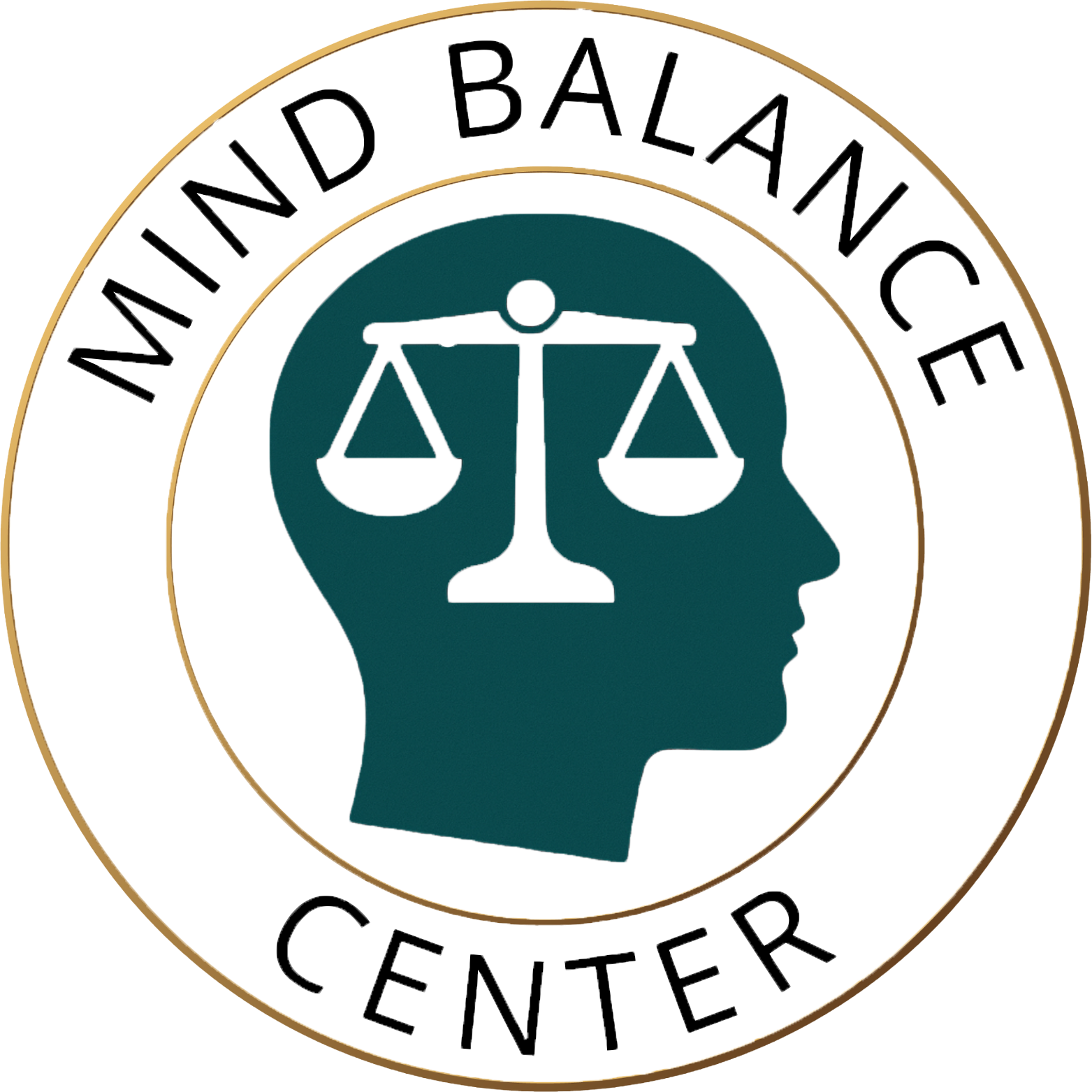Cognitive Behavioural Therapy
Compassionate Therapy for a Balanced Life
What is Cognitive Behavioural Therapy?
Cognitive Behavioural Therapy is a structured, evidence-based approach that helps you understand how your thoughts, emotions, and behaviours all interact. By identifying unhelpful patterns and learning new ways to respond, Cognitive Behavioural Therapy offers clarity, control, and practical strategies for managing everyday challenges. It’s a collaborative process that can support a wide range of needs, including anxiety counselling, depression counselling, stress management therapy, anger issues, low self-esteem therapy, trauma recovery, PTSD treatment, OCD, bipolar, and sleep issues.
Per 45 min session: £140
Who This Is For
The Overthinkers & Perfectionists
If your mind is constantly over-analyzing, second guessing or replaying scenarios then Cognitive Behavioural Therapy can help you break the cycle of overthinking and regain mental peace.
Those Living With Anxiety or Fear-Based Habits
Whether it’s persistent worry, phobias or the need to stay “In control” Cognitive Behavioural Therapy teaches you how to calm your nervous system and challenge distorted thought patterns.
Those Seeking Emotional Stability
If you find yourself reacting strongly in relationships or work situations, Cognitive Behavioural Therapy offers techniques to pause, reflect and respond with greater balance.
Those Feeling Drained or Stuck
When mental fatigue, avoidance or self-criticism take over, Cognitive Behavioural Therapy helps you reframe negative beliefs and move toward meaningful and sustainable change.
Rewiring Thought Patterns for Lasting Emotional Clarity
Cognitive Behavioural Therapy is not about a quick fix, it’s about rewiring the way your mind works. Through guided exploration and structured exercises, you’ll learn to challenge unhelpful thinking, manage stress in real time, and replace self-defeating cycles with balanced, empowering responses. Cognitive Behavioural Therapy can also be beneficial alongside therapy for emotional burnout, work stress counselling, therapy after domestic abuse, grief and loss counselling, relationship counselling, marriage counselling, family therapy, and child and adolescent therapy. Each session offers practical tools you can immediately apply to restore calm, focus, and confidence in your daily life.
Over time, this process builds emotional resilience and genuine peace of mind, the kind that comes not from control, but from clarity and self-understanding.
Trusted By
Gift Cards
A Mind Balance gift card offers someone you care about the chance to pause, reflect and receive professional support in a safe, confidential space. Whether they’re going through a difficult time or simply want to invest in their wellbeing, this gift can be a meaningful step toward healing and growth.
Hear From Those We Have Helped
Frequently Asked Questions
What can I expect from a Cognitive Behavioural Therapy session?
Each session is collaborative and goal-focused. You’ll work with your therapist to identify specific thought patterns and behaviours affecting your wellbeing. Together, you’ll explore practical strategies to respond differently in daily situations, building confidence and calm one step at a time. Cognitive Behavioural Therapy is suitable for addressing anxiety counselling, depression counselling, low self-esteem therapy, sleep issues, anger issues, emotional burnout, work stress counselling, trauma recovery, PTSD treatment, OCD, and bipolar.
How is Cognitive Behavioural Therapy different from other types of therapy?
Cognitive Behavioural Therapy focuses on the present — the link between how you think, feel, and act. Unlike more open-ended approaches, Cognitive Behavioural Therapy is structured and practical, helping you develop clear strategies to manage challenges and create lasting change. While other therapies may explore past experiences, Cognitive Behavioural Therapy emphasizes reshaping how you respond in the present, which can support recovery from therapy after domestic abuse, grief and loss counselling, and relationship or marriage counselling.
What kinds of issues can Cognitive Behavioural Therapy help with?
Cognitive Behavioural Therapy is proven to help with anxiety counselling, stress, depression counselling, low mood, anger issues, phobias, panic, perfectionism, OCD, bipolar, sleep issues, low self-esteem therapy, and overthinking. It can also support managing life transitions, emotional regulation, unhelpful habits, emotional burnout, work stress counselling, trauma recovery, and challenges in relationships or family dynamics.
How long does Cognitive Behavioural Therapy take?
The number of sessions varies depending on your goals and needs. Some people notice changes within 6-8 sessions, while others continue longer to reinforce new habits and maintain progress. Your therapist will tailor the pace and structure to what works best for you, whether for individual counselling, family therapy, marriage counselling, or child and adolescent therapy.
Do I need to do "homework" between sessions?
Cognitive Behavioural Therapy often includes small exercises or reflections to try between sessions. These aren’t tests – they are opportunities to apply what you’ve learned in real life. The goal is to make new ways of thinking and responding natural and sustainable, supporting ongoing stress management therapy, emotional resilience, and overall wellbeing.
Take The First Step
Flexible Sessions Available In-Person & Online
